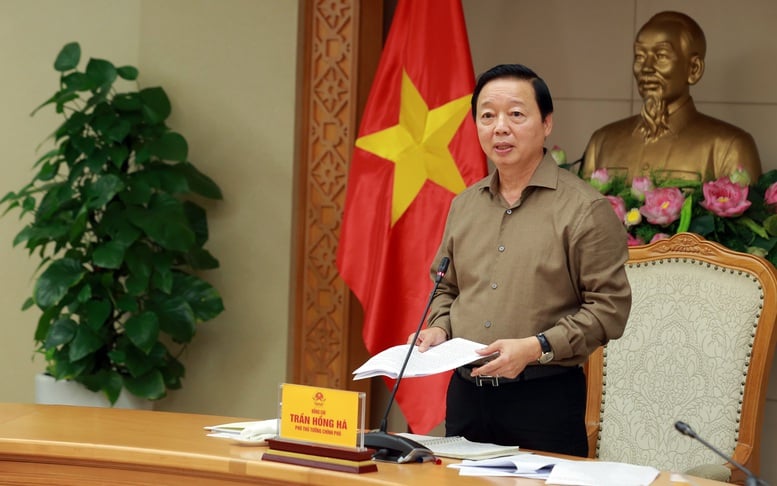
Deputy Prime Minister Tran Hong Ha chaired a meeting to listen to reports and contribute opinions on the draft report evaluating three years of implementing Resolution No. 19-NQ/TW - Photo: VGP/Minh Khoi
The meeting was attended by leaders and representatives of a number of Party agencies, the National Assembly, central ministries and branches, the Vietnam Farmers' Union , associations, experts, scientists, and online connections to the People's Committees of provinces and cities across the country.
The Deputy Prime Minister suggested that the evaluation of the results of the 3-year implementation of Resolution No. 19-NQ/TW must closely follow the shortcomings and limitations mentioned and how far they have been overcome; at the same time, review and closely evaluate the objectives and implementation organization, especially the contents related to institutions, financial market policies, resource mobilization, state and social investment, and update new issues...
Shift from production to multi-value economy
According to the draft report of the Ministry of Agriculture and Environment, after 3 years of implementing Resolution No. 19-NQ/TW, 14/14 targets ensure progress in achieving the goals by 2030.
Of which, 2 targets were exceeded (GDP growth rate of the sector; forest coverage rate); 8 targets were likely to be achieved and exceeded (agricultural labor productivity growth rate; targets on new rural construction; proportion of agricultural labor in total social labor; forest coverage rate; proportion of rural households using clean water according to standards; state budget investment for agriculture and rural areas); 4 targets need to strive and have breakthrough and effective solutions to achieve the target by 2030 (rural population income; vocational training for rural laborers; proportion of rural solid waste collected and treated according to regulations; growth rate of rural industry and services).
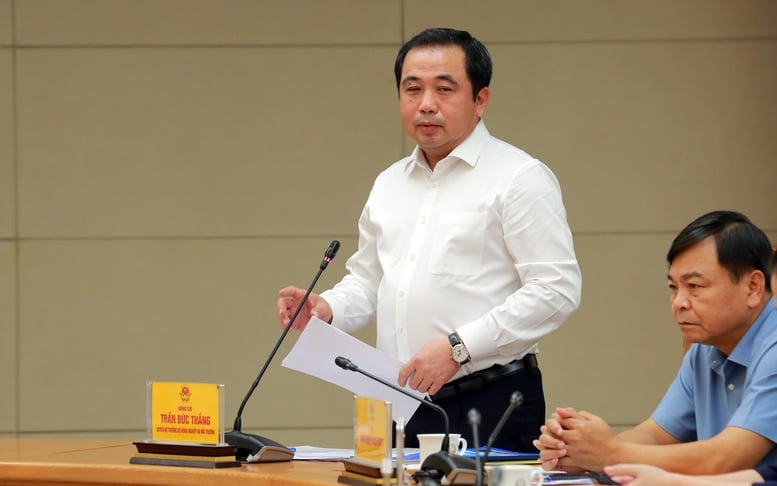
Acting Minister of Agriculture and Environment Tran Duc Thang reports at the meeting - Photo: VGP/Minh Khoi
The system of legal documents on agriculture and environment has closely followed and basically institutionalized all of the Party's policies and has been constantly improved and updated; creating a unified and synchronous legal corridor; both handling "bottlenecks", clearing resources for development creation, and improving the effectiveness and efficiency of state management.
Agriculture has been restructured substantially and more effectively, positively changing according to the strengths of regions and market needs, proactively adapting to climate change. The whole industry has changed its mindset from production to agricultural economy, from single-sector development to cooperation, multi-sector development, multi-value integration; from agricultural supply chains to developing commodity chains.
Rural industry and services have developed strongly, contributing to economic restructuring, job creation, promoting synchronous mechanization between production stages and chains, and developing agricultural processing industry.
There has been a successful breakthrough in the forms of production organization in agriculture, in which cooperatives play a core role. Production and business chain linkages have been innovated to suit the market, large-scale commodity production; many certified safe agricultural product chains have been formed.
The number of businesses has increased sharply, with over 18,700 businesses directly investing in agricultural production. Many large businesses and corporations have affirmed their core role in the value chain, the center for promoting agricultural development.
In the period of 2021 - 2025, the results of applying science and technology to production and management have contributed to increasing economic efficiency by about 30%. Digital transformation has been applied in all fields, from management to production and consumption.
Total export turnover of agricultural, forestry and fishery products continuously reached record levels, with 11 products having an export value of over 1 billion USD, of which 7 products had an export value of over 3 billion USD.
The appearance of rural areas is changing, narrowing the gap with urban areas, improving people's lives comprehensively, and the essential infrastructure system in rural areas is being completed and gradually modernized.
Rural tourism has had positive developments, associated with cultural identity and the "One Commune One Product" (OCOP) program, contributing to raising community awareness in preserving landscape, environment and culture.
A professional farmer force in rural areas has been formed. Many good farmers have become "locomotives" leading the way, striving to get rich, grasping technology, gradually improving labor productivity in rural areas.
Natural resources are strictly managed, efficiency of use is enhanced, fairness and rationality are ensured, and the needs of socio-economic development are met. Disaster prevention and control work has shifted to proactive prevention and adaptation to climate change.
Barriers and bottlenecks
Opinions at the meeting also pointed out a number of shortcomings and limitations in the "agricultural and rural areas" sector that have not been completely overcome, such as: Agricultural growth is not stable; the quality and competitiveness of some products are not high; innovation, digital economic development, application of science and technology, especially high technology, are not many; infrastructure for agricultural development has not met requirements.
Some targets by 2030 in Resolution No. 19-NQ/TW are no longer suitable for the current context and need to be adjusted accordingly to contribute to "double-digit" growth; implementing a two-level local government model.
The problem of rural environmental pollution has not yet had a clear change, in some places it has become serious (water pollution due to wastewater, domestic waste, wastewater from craft villages, air pollution, noise pollution, etc.).
The above limitations and weaknesses have objective and subjective causes, of which the subjective cause is the main one. Awareness of the position and role of agriculture, farmers and rural areas is not yet complete and appropriate, so at times and in some places there is still a lack of initiative, lack of closeness and determination in leading and directing the implementation of Resolution 19.
Coordination between Party committees, authorities, ministries, branches and relevant agencies is still loose and ineffective; the state management apparatus and public service system have not kept up with the requirements of agricultural and rural development.
Some mechanisms and policies lack resources for implementation, are not close to reality, and are slow to be revised and supplemented, especially regarding land, investment, credit, insurance, and production organization.
Forming an agricultural - technology - financial ecosystem
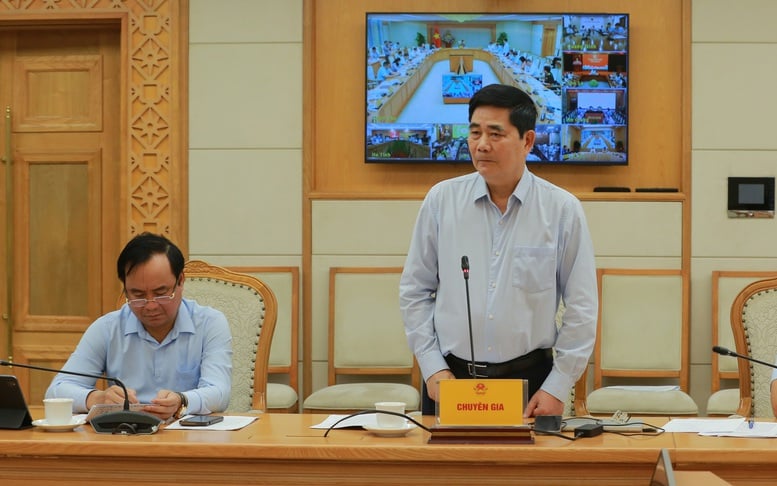
Former Minister of Agriculture and Rural Development Cao Duc Phat speaks - Photo: VGP/Minh Khoi
Former Minister of Agriculture and Rural Development Cao Duc Phat said that the new context places much higher demands on socio-economic development, in which agriculture and the rural economy must achieve a growth rate of about 10% per year to join the whole country in breaking through to become a developed nation.
Meanwhile, resources for agriculture are increasingly limited: agricultural land is decreasing rapidly, rural labor is decreasing sharply and aging. Therefore, the only way is to rely on science and technology and shift the structure to products and industries with higher value and efficiency.
Emphasizing the particularly important role of agriculture, Prof. Dr. Tran Duc Vien, Chairman of the Science Council (Vietnam Academy of Agriculture) said that agriculture should be seen as a high-tech industry, where the most advanced achievements of artificial intelligence (AI), digitalization, processing, etc. converge. The State needs to have a policy to prioritize investment in processing, digitalization and building raw material areas associated with "urban cores" to form an agricultural - technology - financial ecosystem.
Another important content is training human resources, especially farmers, in a practical direction, combining digital technology and the market, forming a generation of "young farmers" - 4.0 farmers who own production. Private enterprises must be the locomotive of agricultural innovation.
Professor Tran Duc Vien recommends that there should be a national program to restore land associated with green production and carbon credits; and to develop an "agricultural diplomacy" strategy to respond to competition and the global food crisis.
Leaders of the Vietnam Farmers' Association and the Vietnam Cooperative Alliance believe that farmers and cooperatives must be placed at the center of agricultural and rural development; there must be policies to attract young workers, intellectuals, and students to the countryside to start businesses. In addition to economic development, we need to build social development policies in the context of industrialization and urbanization that are changing the countryside dramatically, forming a multi-layered society that is no longer mainly farmers.
Contributing opinions at the meeting, leaders of Hung Yen, Ha Tinh, Lam Dong, and An Giang provinces proposed a number of key solutions for the agricultural sector: Stabilizing prices of materials and input materials for production; supporting the expansion of agricultural product consumption markets; adjusting and supplementing mechanisms to encourage investment in agriculture and rural areas, especially high-tech agriculture and associated with the marine economy.
The provinces also proposed open credit policies and preferential interest rates to help farmers and cooperatives access capital easily; enhanced human resource training, transfer of scientific and technological advances; and issued mechanisms to attract and reward agricultural staff at the grassroots level.
At the same time, the Central Government needs to prioritize allocating resources for new rural construction, sustainable poverty reduction, promptly issue a set of specific criteria and adjust management methods suitable for the two-level local government model.
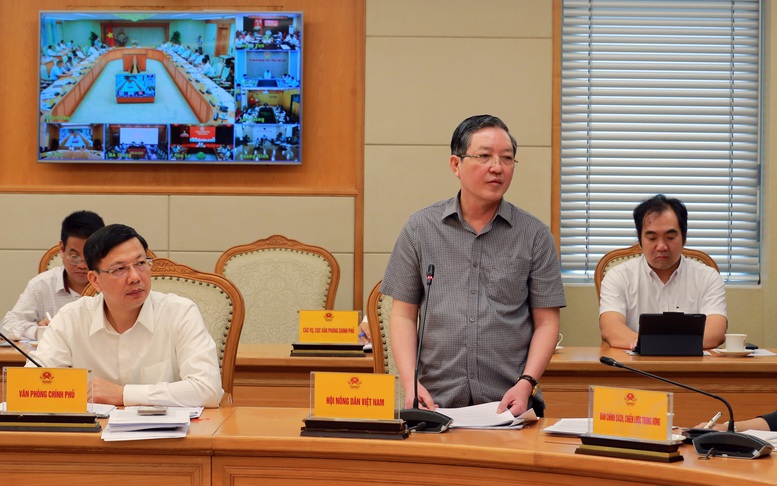
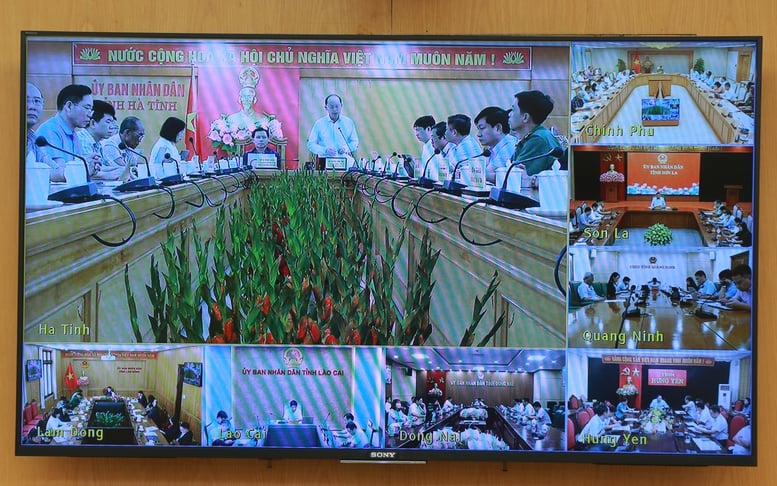
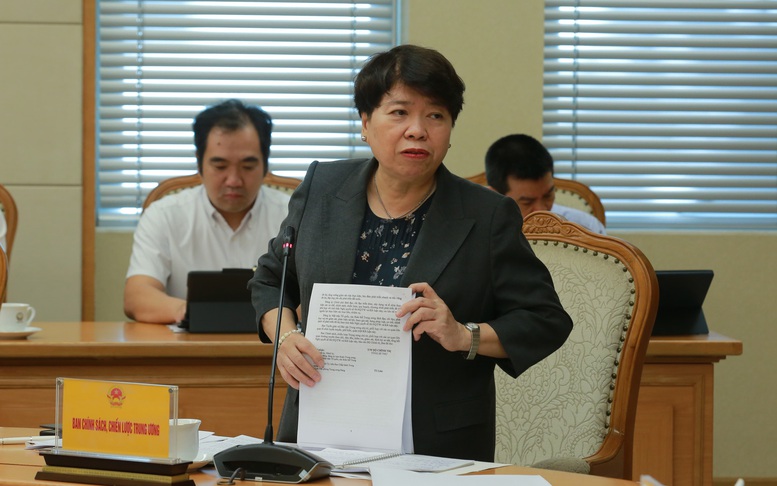
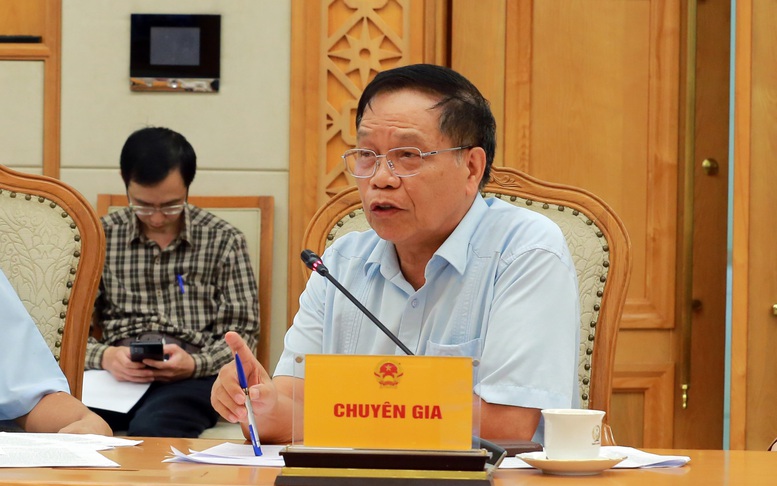
Delegates speaking at the meeting - Photo: VGP/Minh Khoi
Leaders and representatives of the Ministries of Home Affairs, Health, Ethnicity and Religion, Culture, Sports and Tourism, etc. proposed many solutions to increase income, improve life and social security for farmers, while reducing the development gap between rural and urban areas; strengthen the grassroots health network and consider health care at the commune level as a key task; add tasks of preserving and promoting cultural identity, developing community tourism, improving the spiritual life of rural people; perfecting credit, land, science and technology policies and human resource training, especially in the fields of high-tech agriculture and aquaculture, etc.
Former Minister of Agriculture and Rural Development Nguyen Xuan Cuong said that to create room for breakthroughs in the agricultural economy, it is necessary to analyze more deeply the potential of the fields of forest economy, marine economy, national products and regional and special products to increase added value and promote comparative advantages.
A key requirement is to remove bottlenecks in science and technology, promote production linkages and promote the leading role of domestic enterprises, especially in processing and brand building.
For rural areas, the important task is to review and update planning; promptly complete the national target program; allocate a reasonable budget, and at the same time increase local initiative.
Besides, it is necessary to focus on training rural workers in line with the needs of industry, services, tourism and labor export, forming a high-quality workforce.
Must point out the problem of breakthrough and innovation
Concluding the meeting, Deputy Prime Minister Tran Hong Ha requested the Ministry of Agriculture and Environment to fully absorb all opinions and promptly complete a report with high quality requirements, pointing out breakthrough and innovative issues.
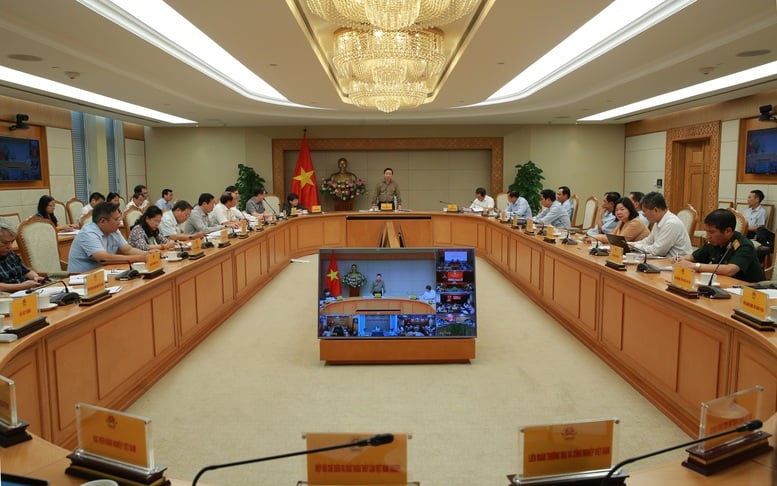
Deputy Prime Minister Tran Hong Ha requested the Ministry of Agriculture and Environment to fully absorb opinions and promptly complete the report with high quality requirements, and to point out breakthrough and innovative issues - Photo: VGP/Minh Khoi
The report should focus on assessing the results of the implementation of the resolution, institutionalization by law, resolution, decree; the level of completion of groups of targets and tasks; shortcomings, limitations and orientations for the next 2 years in the context of many changes in the international and domestic context. In particular, the report must analyze and clarify the content, quality of institutions, and suitability with the new stage; and at the same time, clearly indicate responsibilities in organizing implementation.
The Deputy Prime Minister noted that the Ministry of Agriculture and Environment needs to take advantage of the results of the summary of three national target programs (new rural construction, sustainable poverty reduction, socio-economic development in ethnic minority and mountainous areas); at the same time, reflect the new thinking on agriculture "not only as a pillar but many industries have reached out to the world, demonstrating a pioneering role in the economy". In addition, the report must deeply analyze social changes in rural areas, the impact of urbanization, labor restructuring, social order and safety, ethics and culture.
The Deputy Prime Minister emphasized that the orientation of agricultural development in the coming time is multi-purpose and multi-value, including industry, services, tourism, medicinal materials, carbon economy, green economy, deep processing, value chain development, etc. Rural areas must be planned comprehensively, linked with urban areas, and cultural identity must be preserved. Policies need to prioritize remote and isolated areas, linking economic development with poverty reduction, environmental protection, clean water supply, cultural institutions, and human resource training.
In addition, the Deputy Prime Minister requested clarification of solutions to strengthen linkages between collective economies, cooperatives, businesses and farmers; classify policy groups according to regional characteristics; invest in transport infrastructure, irrigation, and natural disaster prevention.
Minh Khoi
Source: https://baochinhphu.vn/nong-nghiep-khong-chi-la-tru-do-ma-can-the-hien-vai-tro-tien-phong-cua-nen-kinh-te-102250924140317226.htm


![[Photo] Discover unique experiences at the first World Cultural Festival](https://vphoto.vietnam.vn/thumb/1200x675/vietnam/resource/IMAGE/2025/10/11/1760198064937_le-hoi-van-hoa-4199-3623-jpg.webp)





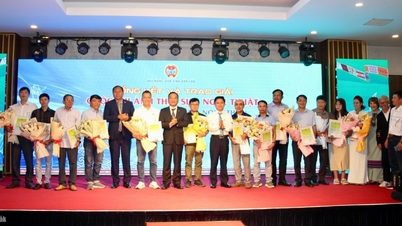



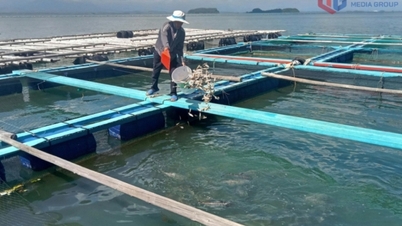

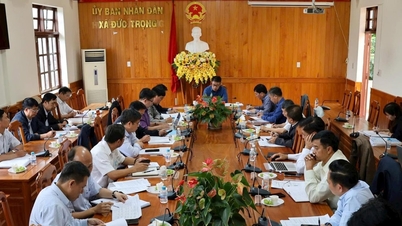

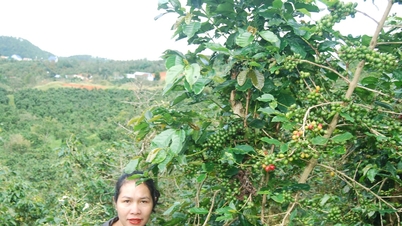
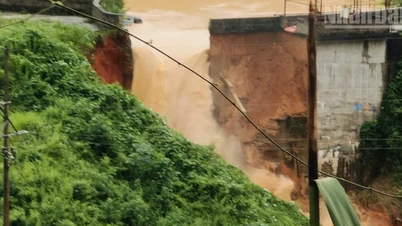

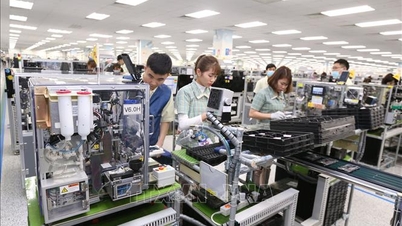

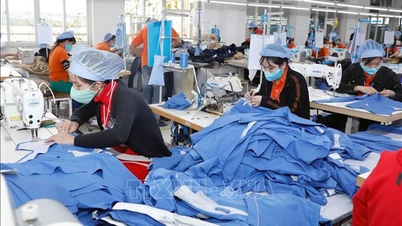
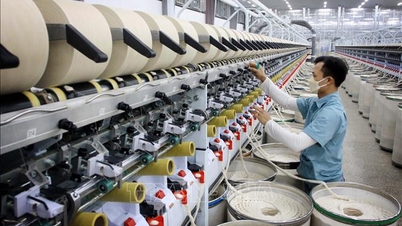
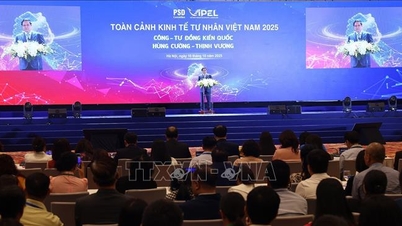
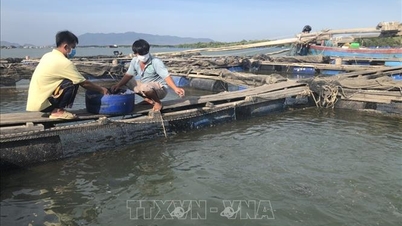
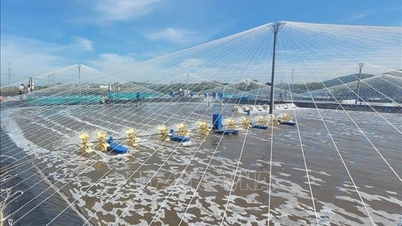




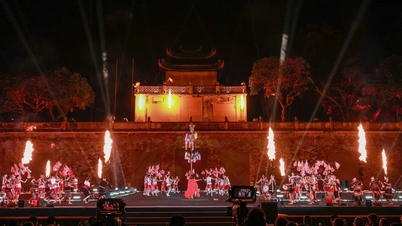


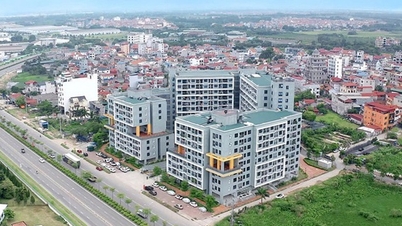

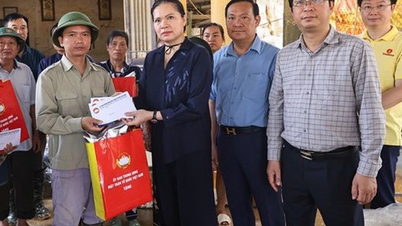
![[Photo] General Secretary attends the parade to celebrate the 80th anniversary of the founding of the Korean Workers' Party](https://vphoto.vietnam.vn/thumb/1200x675/vietnam/resource/IMAGE/2025/10/11/1760150039564_vna-potal-tong-bi-thu-du-le-duyet-binh-ky-niem-80-nam-thanh-lap-dang-lao-dong-trieu-tien-8331994-jpg.webp)
























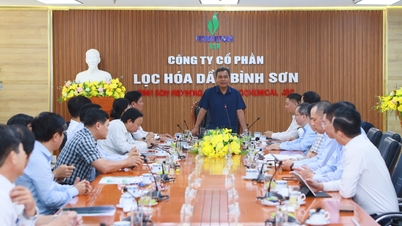







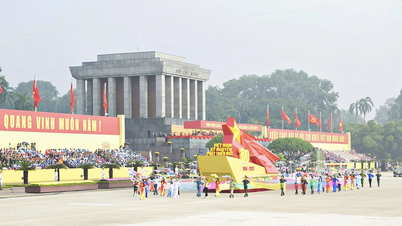




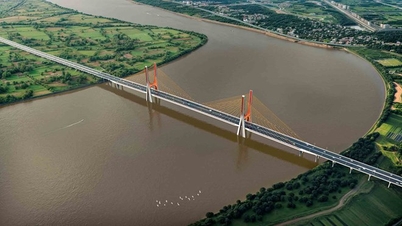



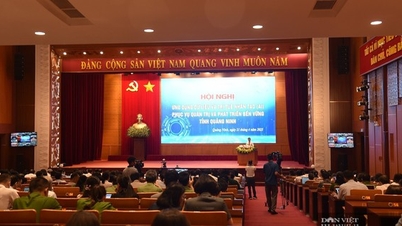

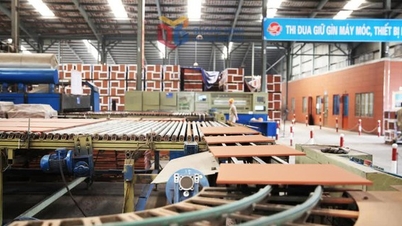
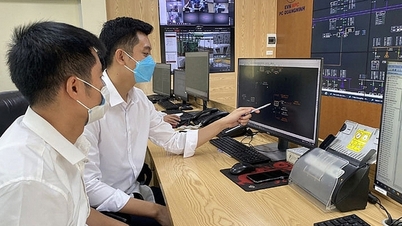
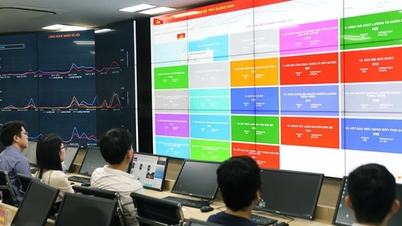
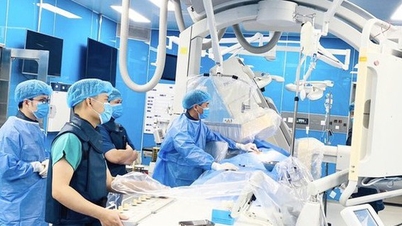
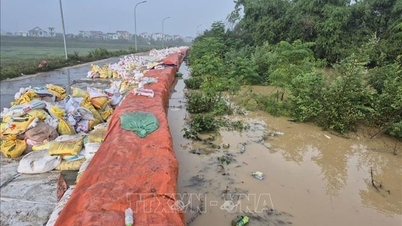


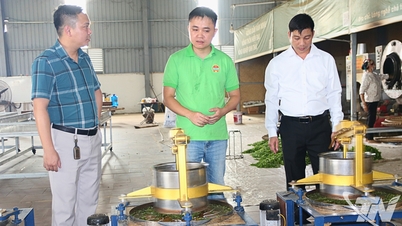


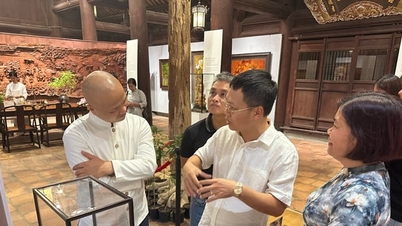

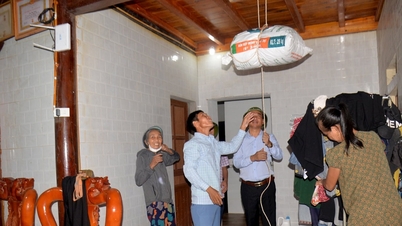












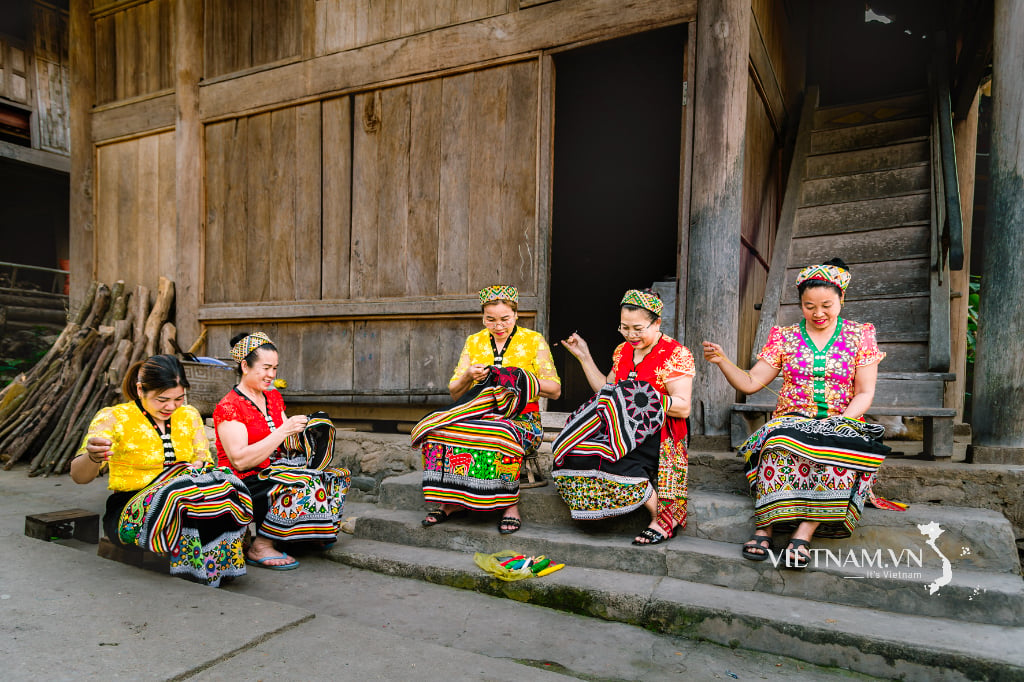

Comment (0)